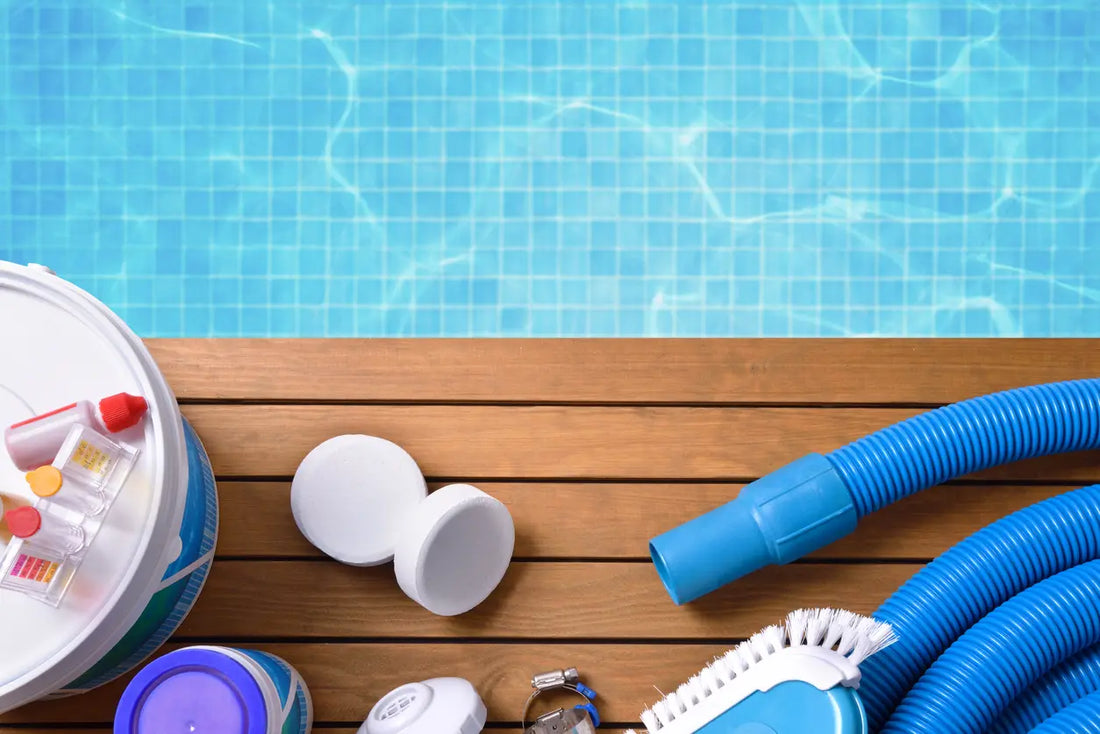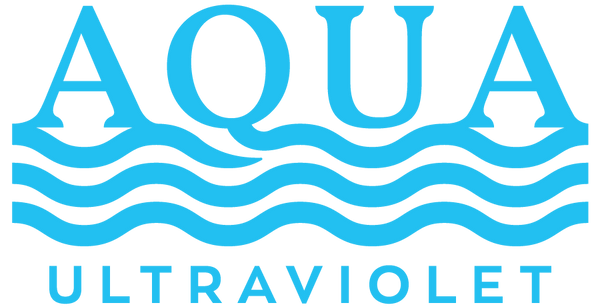
Parasites in Pools: Why It's So Important to Sterilize Your Water!
Parasites in Pools: Why It’s So Important to Sterilize Your Water!
You wouldn’t swim in a dirty pool, would you? Surely not…and most of us can likely agree that keeping your pool clean is a top priority to ensure a fun and relaxing swimming experience. But even if your pool “looks” clean, there may be contaminants and parasites lurking in disguise. Bacteria found in swimming pools can be harmful, and it’s of paramount importance to understand what causes this contamination to occur. So, where do these bacteria come from, and why do we put chlorine in pools?
Why Do We Put Chlorine in Pools?
Many pool owners use chlorine or salt water (sodium chloride) to eliminate bacteria, viruses, and contamination, and both do a fairly good job at this. Chlorine prevents the growth of algae and kills other germs and microorganisms through a chemical reaction. This chemical reaction attacks lipids (fats) and destroys enzymes within the cells of bacteria making them completely harmless.
That said, chlorine also reacts with other substances and can produce a chemical smell that most would associate with the chlorine itself — but this odor is actually the combination of bacteria and other substances along with the chlorine. These combinations are chemical irritants referred to as chloramine, and they can cause symptoms such as red eyes, headaches, and skin irritations. The strong “chlorine” odors mean that the water is contaminated, and should be tested to determine both chlorine and pH levels.
As a general rule, if your pool smells like chlorine, it’s dirty.
Common Bacteria Found in Swimming Pools
Chlorine kills bacteria, microorganisms, viruses, and other contaminants in your pool water, but what does that cover? There are many substances that negatively affect the cleanliness of your pool, but a few common examples might surprise (and disgust) you. Here are some of the bacteria that spread when chlorine and pH levels are too low:
Crypto, E. coli, and giardia. Cryptosporidium is highly resistant to chlorine and commonly causes diarrhea, stomach cramps, and more among swimmers. The same is true for giardia, as well as the “household name” of the bacteria world, E. coli.
Pseudomonas is known to cause both hot tub rash and swimmer’s ear, and like crypto, it’s able to survive in chlorinated water if the levels are too low.
This bacteria can cause a rather serious type of pneumonia along with the less serious Pontiac fever. Shortness of breath, fever, muscle aches, and coughing are typical symptoms of this bacterial infection.
So, how do bacteria found in swimming pools get there in the first place? Unfortunately, that’s our fault as swimmers. When we enter the pool, everything from dirt, oils, sweat, urine, and fecal matter are released into the water. If someone with an infection is swimming, they can contaminate the whole pool!
The Best Way to Keep Your Pool Clean (and Safe!)
If You’re Sick, Don’t Swim!
When you don’t feel well or are experiencing “bathroom issues”, it’s never a good idea to go swimming in an enclosed pool. Small particles can make their way into the water and cause contamination that can infect others and make them sick.
Don’t Pee in the Pool!
No matter how convenient it is, it’s never a good idea to urinate in a swimming pool. Contrary to popular belief, urine isn’t sterile and may contain dozens of bacteria that can be harmful when mixed in with chlorinated pool water. If you’ve gotta go that bad, exit the pool and head to the nearest bathroom, and keep a strict “no peeing” rule for all who share your pool.
Maintain Proper Treatment and Sterilization
Keep up with the pH and chlorine levels by conducting simple tests on a regular basis. You can also integrate ultraviolet (UV) light into your filtration system to eliminate bacteria that chlorine struggles to manage when levels are too low.
